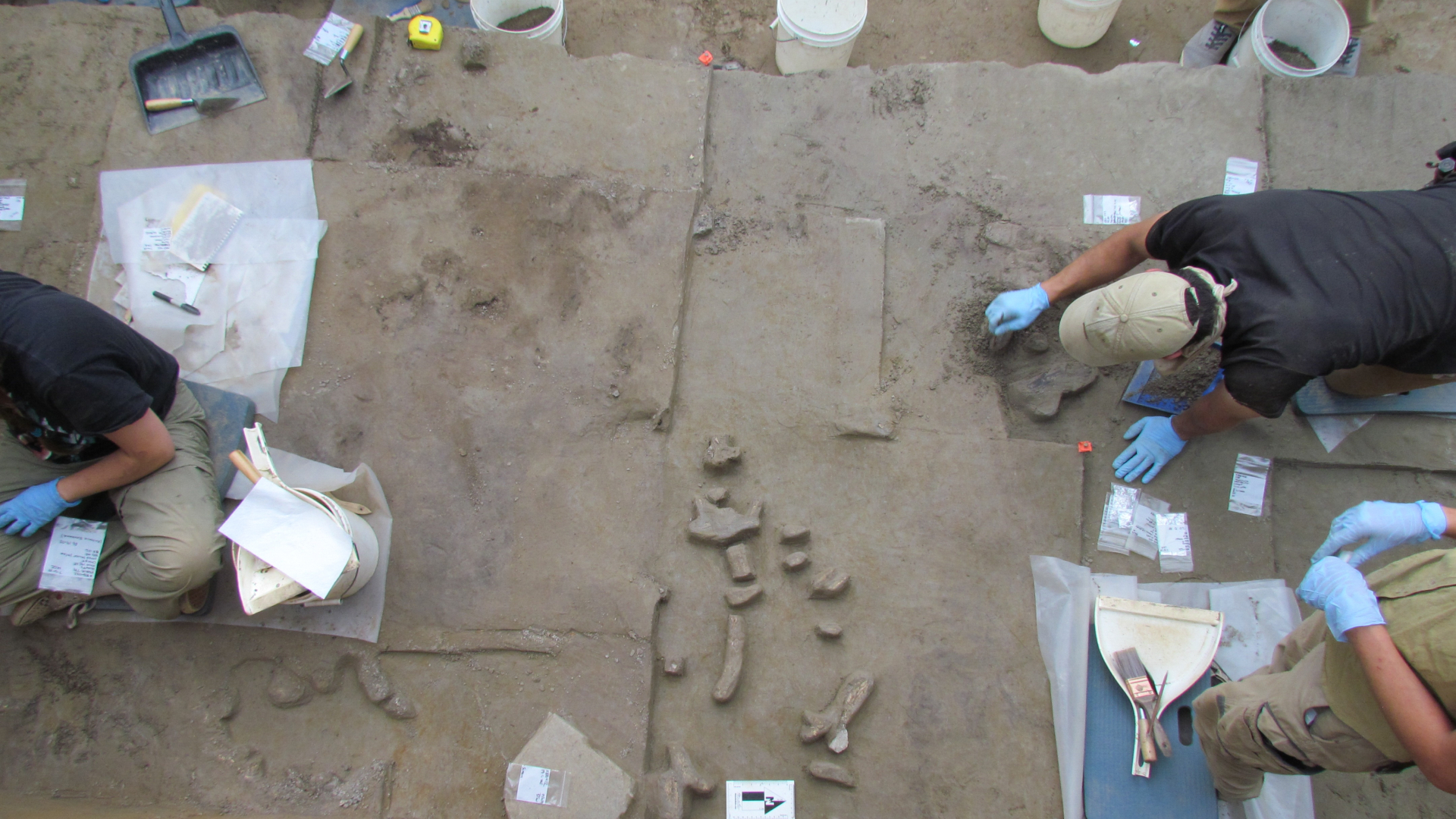
Heartburn Drug Found to Contain Traces of Cancer-Causing Chemical
The chemical, known as NDMA, was formerly used in making rocket fuel.

Get the world’s most fascinating discoveries delivered straight to your inbox.
You are now subscribed
Your newsletter sign-up was successful
Want to add more newsletters?

Delivered Daily
Daily Newsletter
Sign up for the latest discoveries, groundbreaking research and fascinating breakthroughs that impact you and the wider world direct to your inbox.

Once a week
Life's Little Mysteries
Feed your curiosity with an exclusive mystery every week, solved with science and delivered direct to your inbox before it's seen anywhere else.

Once a week
How It Works
Sign up to our free science & technology newsletter for your weekly fix of fascinating articles, quick quizzes, amazing images, and more

Delivered daily
Space.com Newsletter
Breaking space news, the latest updates on rocket launches, skywatching events and more!

Once a month
Watch This Space
Sign up to our monthly entertainment newsletter to keep up with all our coverage of the latest sci-fi and space movies, tv shows, games and books.

Once a week
Night Sky This Week
Discover this week's must-see night sky events, moon phases, and stunning astrophotos. Sign up for our skywatching newsletter and explore the universe with us!
Join the club
Get full access to premium articles, exclusive features and a growing list of member rewards.
U.S. health officials have found low levels of a potentially cancer-causing chemical in a popular heartburn drug.
On Friday (Sept. 13), the U.S. Food and Drug Administration (FDA) announced that samples of ranitidine — known by the brand name Zantac — were found to contain a contaminant called N-nitrosodimethylamine (NDMA). That's the same chemical that was found in heart and blood pressure medications last year, sparking numerous recalls of those affected drugs.
NDMA is classified as a "probable human carcinogen" because it has been found to cause cancer in animal studies. The chemical forms as a byproduct of certain industrial processes, and it was formerly used in the production of rocket fuel, according to the U.S. Environmental Protection Agency. It is found in low levels in drinking water and some foods, including certain meat and dairy products.
Right now, the FDA is not recommending any recalls of ranitidine, nor is the agency telling consumers to stop taking the drug. The FDA is investigating whether the low levels of NDMA found in the drug pose a health risk to patients.
"Although NDMA may cause harm in large amounts, the levels the FDA is finding in ranitidine from preliminary tests barely exceed amounts you might expect to find in common foods," Dr. Janet Woodcock, director of the FDA's Center for Drug Evaluation and Research, said in a statement.
Individuals taking prescription versions of ranitidine who want to stop using the drug should talk with their health care provider first, the FDA said. And people taking over-the-counter (OTC) versions of ranitidine could consider using a different OTC drug for their condition, as there are multiple drugs approved for the same or similar uses, the agency noted.
- 9 Disgusting Things That the FDA Allows in Your Food
- 7 Odd Things That Raise Your Risk of Cancer (and 1 That Doesn't)
- 10 Do's and Don'ts to Reduce Your Risk of Cancer
Originally published on Live Science.
Get the world’s most fascinating discoveries delivered straight to your inbox.

Rachael is a Live Science contributor, and was a former channel editor and senior writer for Live Science between 2010 and 2022. She has a master's degree in journalism from New York University's Science, Health and Environmental Reporting Program. She also holds a B.S. in molecular biology and an M.S. in biology from the University of California, San Diego. Her work has appeared in Scienceline, The Washington Post and Scientific American.
 Live Science Plus
Live Science Plus










